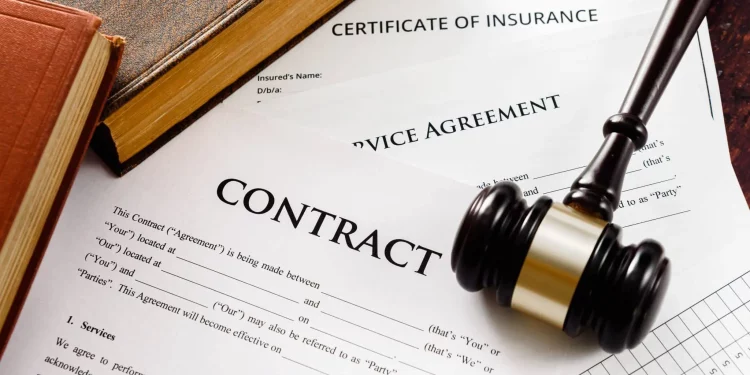Legal writing can take many forms, including:
- Contracts: Legal agreements between parties that outline terms and obligations.
- Pleadings: Documents submitted to a court that argue a party’s legal position.
- Statutes and Regulations: Laws and rules enacted by legislative bodies or administrative agencies.
- Legal Memoranda and Briefs: Detailed arguments used by lawyers to support a case, often submitted to courts.
- Judicial Opinions: Written decisions by judges explaining the outcome of a case and the legal reasoning behind it.
The Challenges of Legal Writing
Despite its importance, legal writing can be a challenging skill to master. Lawyers and legal professionals must strike a balance between legal precision and comprehensibility, avoiding overly technical language that could alienate non-lawyers while still maintaining the necessary level of detail and formality.
Additionally, legal writing requires:
- Attention to Detail: Small errors in a legal document can have significant legal consequences, so every sentence and clause must be carefully reviewed.
- Time Management: Legal writing often involves strict deadlines, especially when drafting pleadings or briefs for court cases.
- Adaptability: Legal writers must tailor their writing to various audiences, including clients, judges, opposing counsel, and legislators, each of whom may have different expectations and levels of legal knowledge.
The Importance of Legal Writing in Practice
Clear, precise legal writing is crucial for the proper functioning of the legal system. A poorly drafted statute can lead to legal ambiguity, prolonged litigation, or unintended consequences. Similarly, unclear contract terms can result in disputes between parties, sometimes leading to costly lawsuits or arbitration.
In court proceedings, the quality of a legal brief or memorandum can significantly influence the outcome of a case. Judges often rely heavily on well-reasoned, clearly written briefs when making decisions, and the ability to present a persuasive legal argument in writing is a critical skill for any lawyer.
Legal writing is an essential component of the legal profession, requiring a unique set of skills that blend precision, clarity, and attention to detail. Whether drafting contracts, legal opinions, or court pleadings, legal writers must be adept at presenting complex legal issues in a structured and coherent manner. The impact of strong legal writing cannot be overstated—it forms the foundation for legal arguments, helps resolve disputes, and ensures that the law is properly applied and enforced.


















